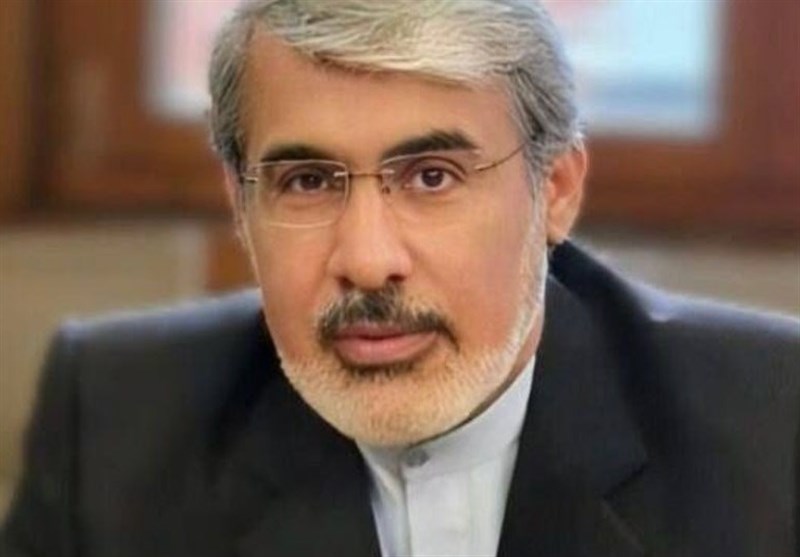Report of the Iranian President of the Social Forum of the Human Rights Council

| The Permanent Representative of Iran to the United Nations presented a report to the 55th meeting of the Human Rights Council of this organization. |
According to the international group Tasnim news agency, Ali Bahraini, ambassador and permanent representative of the Islamic Republic of Iran and president The Social Assembly of the Human Rights Council presented the report of this 2023 meeting to the 55th meeting of the Human Rights Council today, Thursday, April 2, 1403. In his report to the Human Rights Council, Bahreini said: The meeting of the 2023 Social Assembly with A wide welcome and the presence of representatives of governments, non-governmental organizations, scientific and research centers and activists of various human rights issues were held and deep discussions were held regarding the challenges that the world is facing in relation to the role of science and technology and innovation in promoting human rights. It was done.
The head of the Iranian Social Forum of the Human Rights Council added: The participants in this meeting acknowledged that the right to benefit from the benefits of scientific progress and its application is a fundamental human right. Science, technology and innovation play an essential role in overcoming global challenges, enabling the realization of other human rights, and strengthening sustainable recovery after the Corona pandemic. Equal access and global sharing are vital for everyone to benefit from this right. In his report, Bahreini also said: scientific nationalism, unilateral coercive measures and monopoly of intellectual property can hinder the sharing of science, technology and innovation. limit and lead to more important obstacles for the realization of human rights.
The ambassador and permanent representative of Iran, referring to the recommendations that the 2023 Social Forum meeting addressed to the governments, said among others: The Social Forum concluded that governments should support the removal of barriers to promoting digital literacy, such as unilateral coercive measures, and protect policies that grant universal access to digital goods and services.
end of message/
| © | Webangah News Hub has translated this news from the source of Tasnim News Agency |


